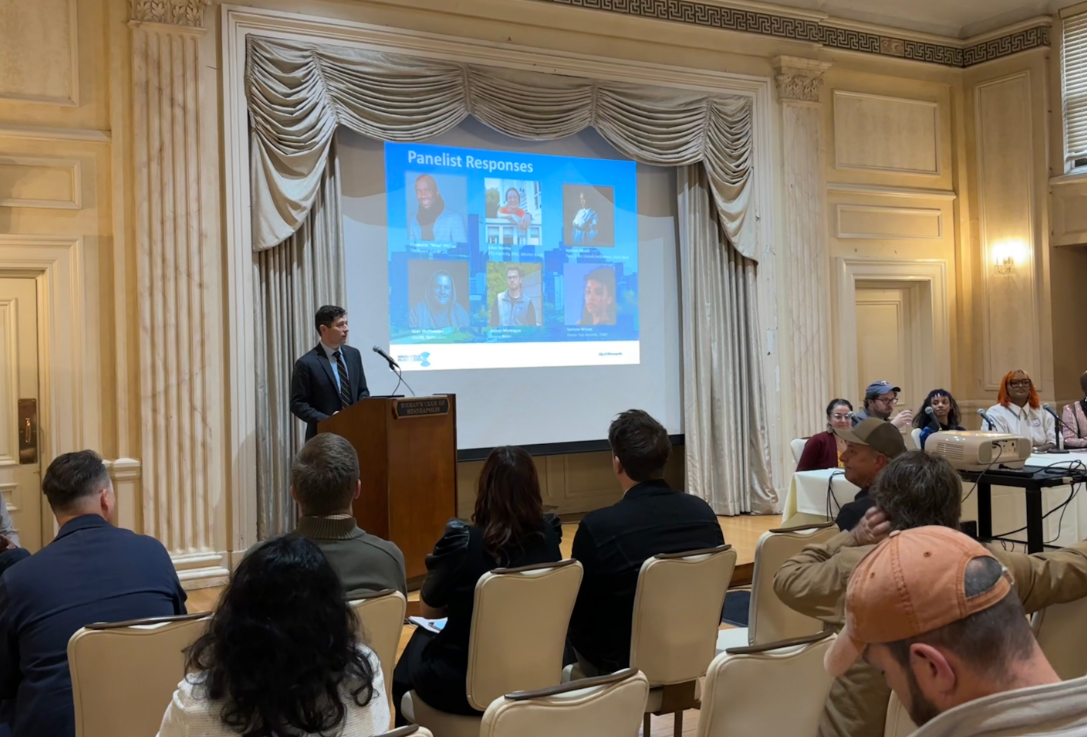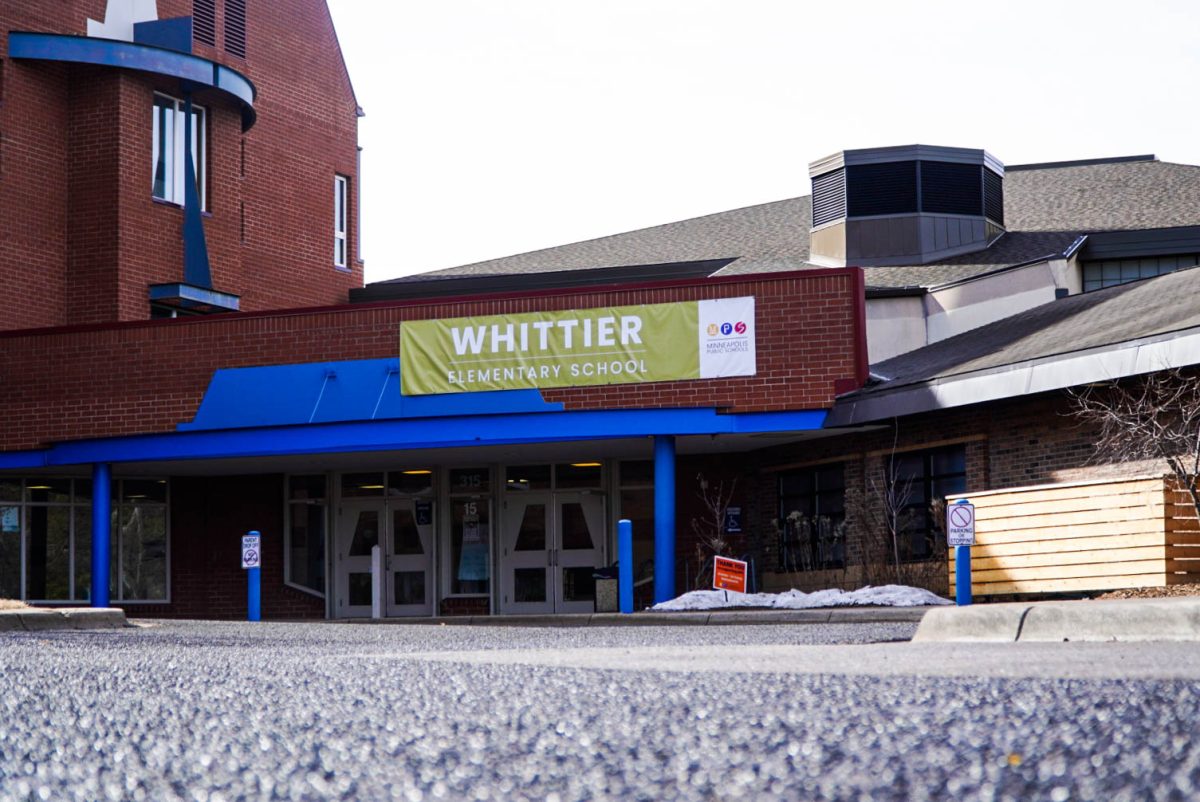Minneapolis’ music scene is disproportionately white and older, according to recently released results from the city’s census of the music scene.
About 2,300 participated in the census from April 12 through May 6, 2024, reflecting the musicians, promoters, venue operators and more that make up the music scene in Minneapolis.
The Women’s Club of Minneapolis held the Sound Census release event Wednesday to share the results and get input from community members and musicians.
At the event, Minneapolis Mayor Jacob Frey said he was skeptical of this census at first but overall agreed it would help better understand Minneapolis’ assets.
“There will be no comeback of Minneapolis without art. There will be no rejuvenation of our city,” Frey said. “Not just getting back to the old normal, but blowing by the old normal to get to something truly transformational without all of you. You are going to lead to this rejuvenation of the city.”
Director of Minneapolis’ Arts and Cultural Affairs Department Ben Johnson said this is the first census since the department has only been around for a year.
“We jumped on the opportunity as soon as we heard about it,” Johnson said.
Community members voiced their concerns at the event about the race and age demographics of the Minneapolis music scene that were released in the census.
Race
While 9% of Minneapolis’ population is Black, only 3% of census respondents were.
Don Pitts, founder and president of Sound Music Cities, the organization in charge of the census, said what he has seen in other cities that have conducted a sound census is a lack of trust within the communities.
“There was this one gentleman who emailed me who was a booker back in the ‘80s, and they booked Prince in ‘81 at First Avenue. The Notation on the Wikipedia page was like ‘That was back when African Americans didn’t play downtown,’” Pitts said. “I’m like ‘Whoa.’ I mean every city, we all have that history of racism in the city but it is usually in the ‘50s or ‘60s, but ‘81 doesn’t seem that long ago.”
Community members, like the founder of music consulting and production company The Avant Garde Chadwick Phillips, said he feels the racial aspect of the census is “the elephant in the room.”
Philips said music venues need to hire more people of color to show what the Minneapolis scene truly is like.
“The Minneapolis sound comes from people of color,” Phillips said during the event. “We have people of color today that are carrying on that torch for those people from back then. So I want you to keep that in mind.”
Age
The census reflected a lack of 18 to 24-year-olds in the scene, with only 4% of respondents being in that age group. The other groups, 25 to 39-year-olds and 40 to 54-year-olds had a stronger presence in the census.
Pitts said the pandemic and the cost of creating music deters young people from pursuing music.
“A lot of the markets we see, we get a lot of comments from the 18 to 24-year-olds that they feel like it’s kind of closed off. There’s not as much access to opportunity working in music, let alone making music,” Pitts said.
Phillips said people in power need to open opportunities to more people and spread the word about them as a lot of music grants and programs are hard to find.
“I see artists complain all the time about what the scene’s not doing, how they’re not getting support,” Phillips said. “But I really feel like if you're proactive and you become a seeker and you get out and you fight that negativity, you will find some solutions.”
Nadirah McGill, drummer for the Gully Boys, said the census shows Minneapolis has room for improvement.
“This census validates that we still have a lot of work to do and we are eager to work with the city, venues, community and musicians alike to make this vision a reality,” McGill said.













